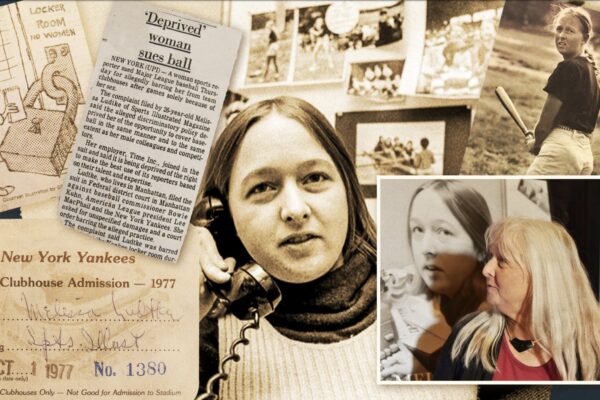Nearly a month has passed since the death of former Texas Rangers owner Rusty Rose, who lost a decades-long battle against clinical depression. While the tragic nature of his death was addressed beautifully at his funeral by senior minister Paul Rasmussen of Highland Park United Methodist Church and in a subsequent piece by Dallas Morning News columnist Cheryl Hall, I have seen no call to action to help others suffering from the same disease that ultimately took the life of a wonderful, kind man.
Why has there been no outcry of disbelief that even a man with unlimited financial resources was unable to tame the demonic plague that haunts so many Americans? Why has this not been a wake-up call about our collective failure to address the needs of people with various forms of mental illness, including depression and anxiety? Do we continue to think of these afflictions as signs of weakness rather than legitimate health issues?
In a poignant piece recently at Huffington Post, first lady Michelle Obama addressed the extent of our mental health problem. “In fact, roughly one in five adults — more than 40 million Americans — suffer from a diagnosable mental health condition like depression or anxiety. These conditions affect people of every age and every background: our kids and grandparents, our friends and neighbors.”
Unfortunately, there is still a stigma around mental health that prevents people who need help from seeking it. We need to encourage people to get help, to make it clear that seeking help is not a sign of weakness. We should treat mental health conditions no differently than any physical illness or injury, beginning with encouraging our young people to be aware of the signs of mental illness and to seek help if they experience them.
Continue reading Eric Nadel: Don’t let the demons of depression win


